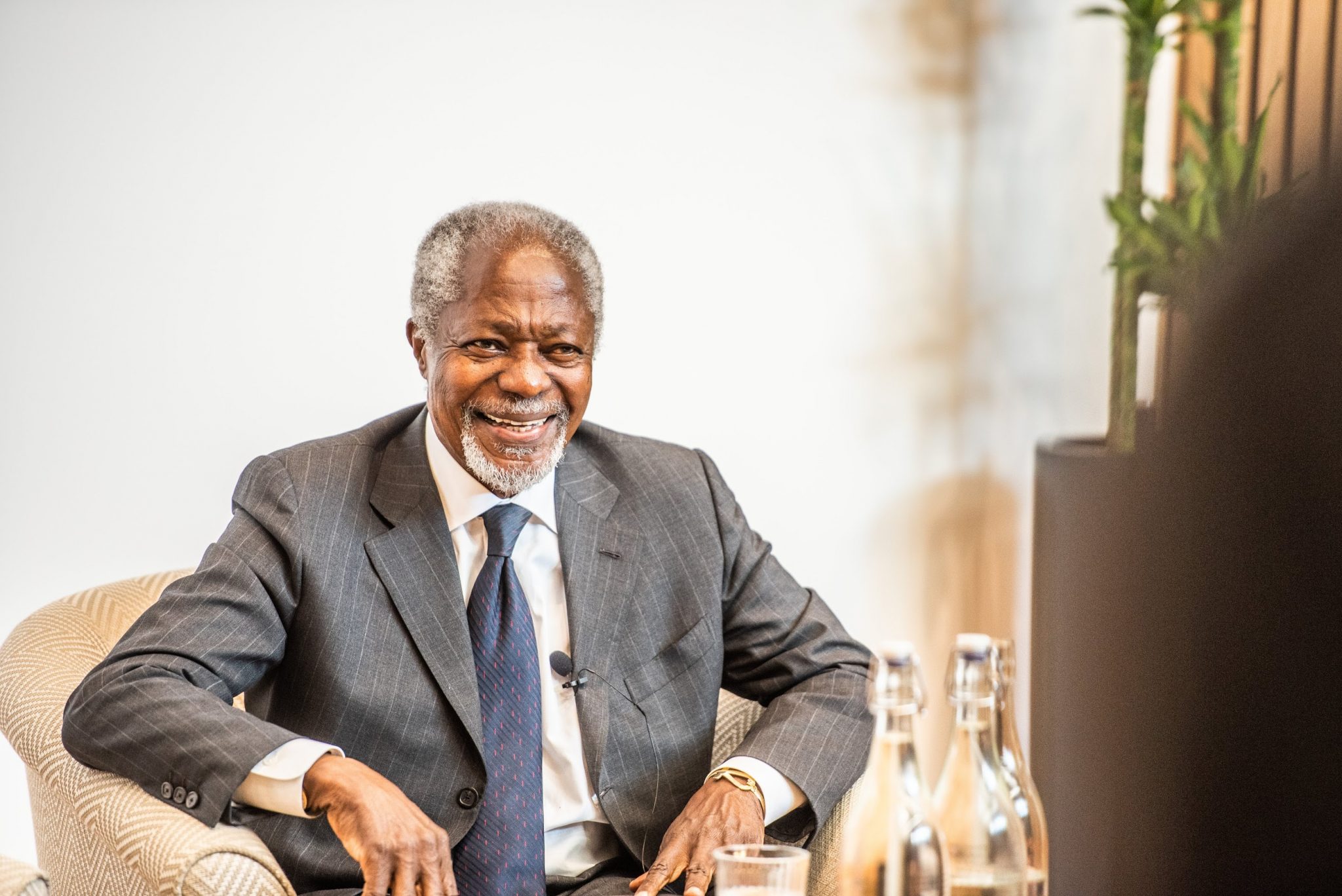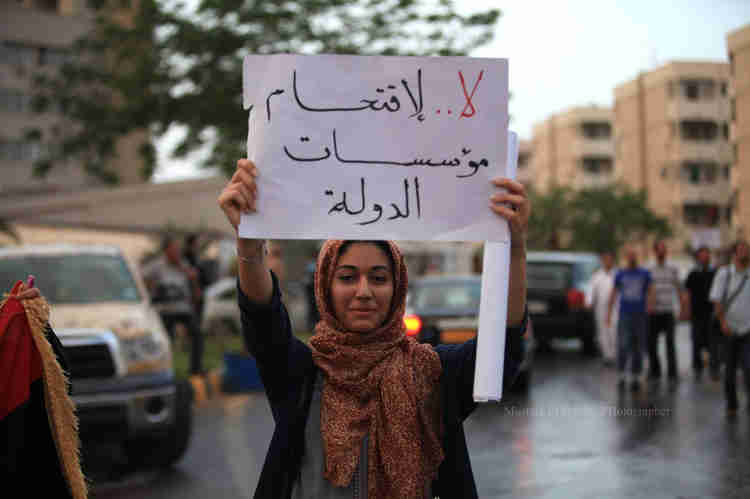Mobile users in Africa to join weather service
“Today you will find cellphone towers in almost every part of Africa. We have never been able to establish weather monitoring on that scale until now. The world’s poorest are also the world’s most vulnerable when it comes to the impact of climate change and the least-equipped to deal with its consequences.” – Kofi Annan
By Chris Johnston
Two of the world’s biggest telecommunications companies and the United Nations’ weather agency have joined forces in an attempt to improve weather forecasts in Africa.
The aim is to harness the continent’s rapidly rising number of mobile phones to text-message weather information to villages and to use the 5,000 mobile base stations to make up for a dearth of weather sensing stations.
Ericsson, the Swedish telecoms equipment manufacturer, and Zain, the mobile operator in Africa and the Middle East, have been brought together by the Global Humanitarian Forum run by Kofi Annan, the former United Nations secretary-general. His foundation has estimated that Africa suffered nearly a quarter of the $100 billion and 300,000 lives lost worldwide every year because of the impact of global warming on health and agricultural productivity.
The World Meteorological Organisation has highlighted big gaps in weather forecasting in Africa, with a network eight times below what it considers to be an acceptable minimum.
There were 260 million cellphone subscribers in Africa last year, according to the International Telecommunications Union and the number is growing at twice the rate of the rest of the world.
Mr Annan said: “Today you will find cellphone towers in almost every part of Africa. We have never been able to establish weather monitoring on that scale until now. The world’s poorest are also the world’s most vulnerable when it comes to the impact of climate change and the least-equipped to deal with its consequences.”
The initial deployment is under way with an $8 million (£4.8 million) project on Zain’s network in Kenya, Tanzania and Uganda. It will harness phone transmitters across Africa. Individual farmers or villages will also receive tailored information about local weather conditions, to help them to prepare for extreme conditions or to tend crops and livestock.
Carl-Henric Svanberg, Ericsson’s chief executive, said: “The phones are now so widely spread that the information will get to somebody.”
That could offer a lifeline for many on the continent, where 70 per cent of the population, or 700 million people, are considered to rely on farming for their livelihoods.



